What is Dyslexia?
Dyslexia aka reading disability is a learning disorder that includes difficulty in reading due to problems identifying speech sounds as well as learning the way they relate to letters and words. Dyslexia affects the regions of the brain that processes language. Individuals diagnosed with this condition possess normal intelligence and usually have a healthy vision as well. Most kids with dyslexia can succeed in academics with tutoring or a special education program. Emotional support also plays a vital role in managing the condition.
Finding out if a child is dyslexic?
Sometimes, it can be difficult to spot the signs of dyslexia before a child enters school. However, there are certain early clues which might indicate a problem. And once children enter school, the teachers might be able to notice learning difficulties. Although the severity of dyslexia varies, the condition often gets apparent as children begin reading.
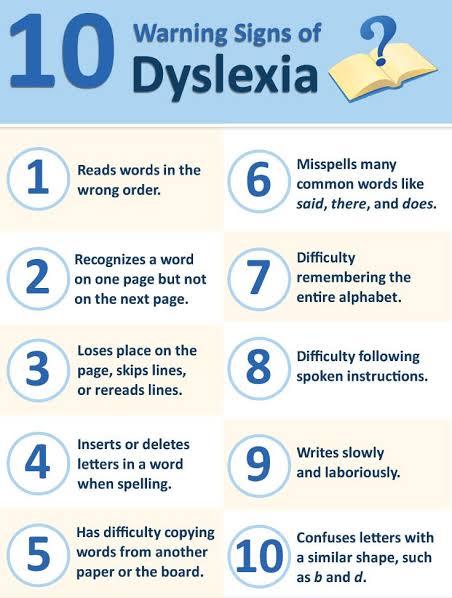 Symptoms of dyslexia a child might exhibit before school:
Symptoms of dyslexia a child might exhibit before school:
- Speech delay
- Picking up new words slowly
- Problems forming words properly (reversing sounds in words or confusing words that sound alike)
- Problems remembering or naming numbers, colors or letters
- Finding it difficult to learn nursery rhymes
- Difficulty playing rhyming games
Dyslexia symptoms of School-going children:
- Difficulty reading age-appropriate level content
- Problems processing and interpreting what he/she hears
- Difficulty forming answers to questions
- Problems finding the right word
- Difficulty in finding similarities and differences in letters or words
- Problems with spelling
- Inability to pronounce an unfamiliar word
- Taking a long time to complete tasks that involve writing or reading
- Avoiding activities that include reading
Dyslexia symptoms in adults and teens:
- Problems with spelling
- Difficulty reading, memorizing, doing math problems
- Finding it difficult to understand jokes, meanings of idioms
- Difficulty summarizing stories
- Problems learning a new language
- Difficulty memorizing
- Taking a long time to read or write
Most children get ready to read by the time they attend kindergarten or first grade. But kids with dyslexia cannot grasp the basics of reading by then. When dyslexia gets undiagnosed or untreated childhood learning difficulties continue to show up even in adulthood.
What causes Dyslexia
The condition tends to run in families and appears to be associated with certain genes that affect the way a person’s brain processes language and reading. Environmental factors might also increase one’s risk of dyslexia.
Risk factors of dyslexia?
- A family history of dyslexia or similar learning disabilities
- Premature birth
- Low birth weight
- Prenatal exposure to alcohol, drugs, nicotine or infection that alters brain development in the developing child
- Individual differences in brain parts that are responsible for reading
Complications of dyslexia?
It can lead to social problems, difficulty learning school subjects and other problems that bring about long-term educational, social and economic consequences. Children with dyslexia are at a higher risk of having ADHD as well as hyperactivity and impulsive behavior, making dyslexia tougher to treat.
Dyslexia - Diagnosis | Treatment
DIAGNOSIS:
While there’s no single test that can help diagnose the condition, several factors listed below are considered:
- The child’s developmental, educational issues and medical history - The evaluating physician will ask questions about these areas to find out if any conditions run in the family, including members with learning disabilities.
- Home environment - The doctor will find out about the environment at the child’s home, including the residing members and if there are any issues.
- Questionnaires - Doctors might make the child, his/her family members, and teachers answer written questions. The child might also be asked to take comprehension tests and ones that identify reading and language skills.
- Vision, hearing & neurological tests
- Psychological testing to understand the child’s mental health
- Analyzing academic abilities
TREATMENT
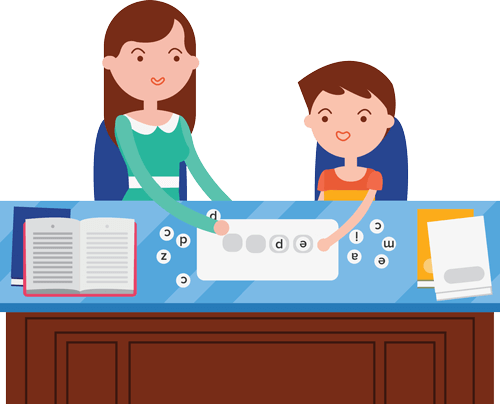 While there is no known way of treating the condition, early detection and evaluation can help determine specific needs and appropriate treatment can achieve success.
While there is no known way of treating the condition, early detection and evaluation can help determine specific needs and appropriate treatment can achieve success.
Specific educational approaches and techniques are used for early intervention. Teachers use techniques like hearing, vision, and touch to improve the child’s reading skills. They also help children use several senses to learn. They help the child learn to recognize and use the smallest sounds that makeup words and understand letters and strings of letters.
Early intervention:Dyslexic children get extra help in kindergarten or first grade often to improve their reading skills so as to succeed in their higher grades.
Tips for parents:- Address the issue early. If you suspect that your child might have dyslexia, it is advised to intervene early.
- Read aloud to your child and encourage reading time
- Work together with your child’s teacher
- Designate a time daily to read something
Dyslexia Treatment - Upcoming Trends
A New Dyslexia Reading Method and Visual Correction Position Method
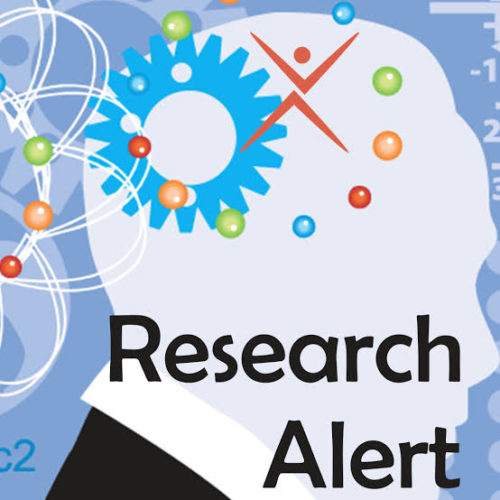 One dyslexic author accidentally discovered this personal, effective, corrective reading method. It has been evaluated and found to be effective in three different schools. The method uses cyclovergence upper gaze to read and found that dyslexia reading problems disappeared at one of the positional reading arc positions of 30°, 60°, 90°, 120°, or 150°. It corrected dyslexia using the new reading method and positional reading arc positions.
One dyslexic author accidentally discovered this personal, effective, corrective reading method. It has been evaluated and found to be effective in three different schools. The method uses cyclovergence upper gaze to read and found that dyslexia reading problems disappeared at one of the positional reading arc positions of 30°, 60°, 90°, 120°, or 150°. It corrected dyslexia using the new reading method and positional reading arc positions.
Music lessons can improve language skills
Researchers from the Massachusetts Institute of Technology have found that piano lessons with better word discrimination help kindergarteners to distinguish pitches, which translates into an improvement in discriminating between words. The study reported that musical training is at least as beneficial in improving language skills, and possibly more beneficial, than offering children extra reading lessons.
Reading with children from infancy can give lasting literacy boost
The researchers from the American Academy of Pediatrics have reported that shared book-reading that begins soon after birth might translate into higher language and vocabulary skills even before they join school. The findings of the study are exciting because they suggest that reading to young children, beginning even in early infancy, has a lasting effect on language, literacy and early reading skills.
Literacy app improves early literacy skills in preschoolers
Using mobile apps in preschool classrooms have been reported to improve early literacy skills and boost school readiness. Guided use of educational apps might be a source of motivation and engagement for kids in their early years. A study conducted by the New York University has found measurable growth in phonological awareness and understanding the connections between speech and printed letters for the group using the Learn with Homer app, compared with the group using the art and activity app. They also observed significant differences in print concepts.
ReferencesSources / References: https://www.mayoclinic.org/diseases-conditions/dyslexia/symptoms-causes/syc-20353552 https://www.webmd.com/children/understanding-dyslexia-basics https://www.sciencedaily.com/news/mind_brain/dyslexia/#page=3 https://www.nhs.uk/conditions/dyslexia/ https://www.medicalnewstoday.com/articles/186787.php






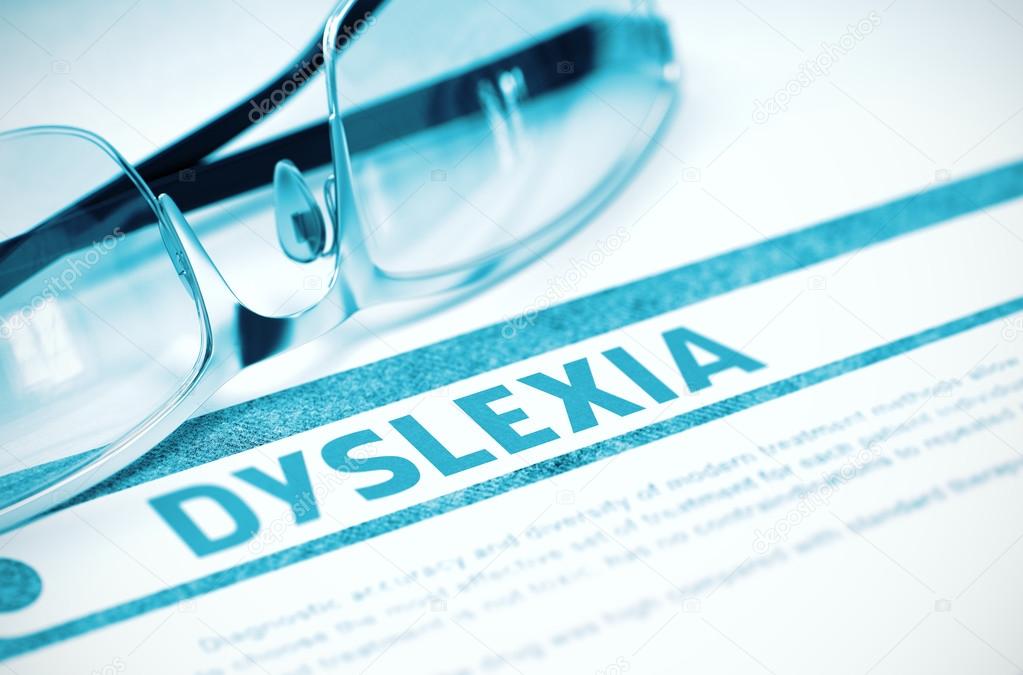
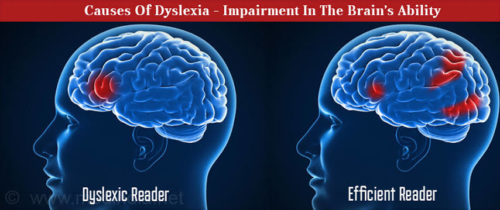
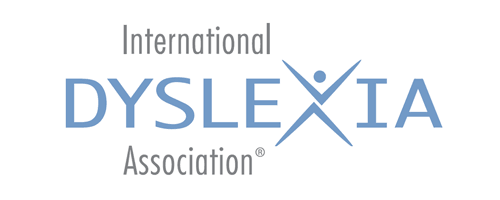
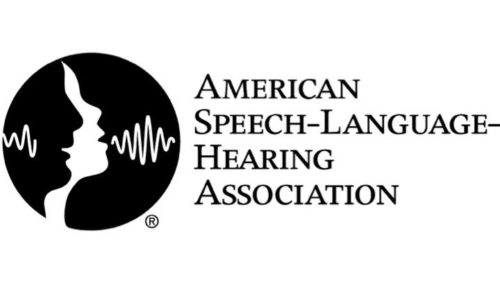
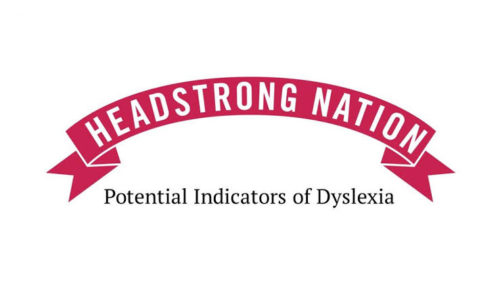
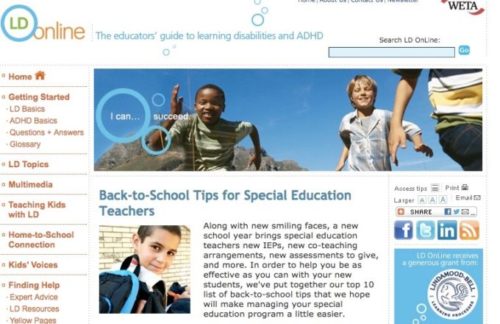
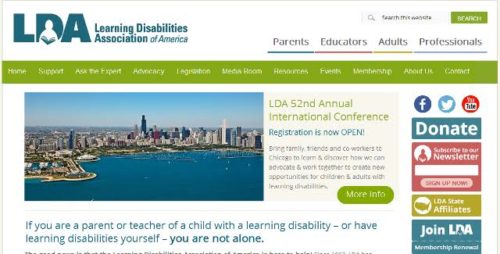
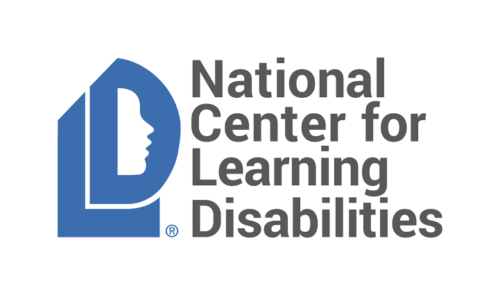
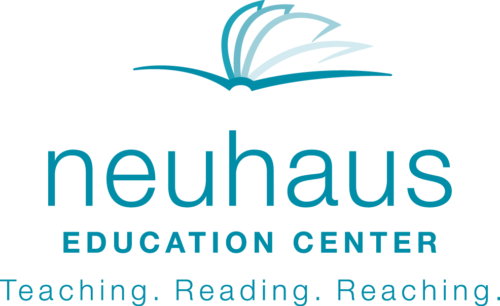
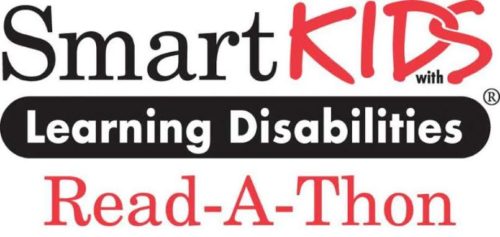
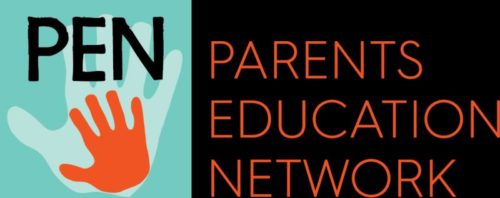
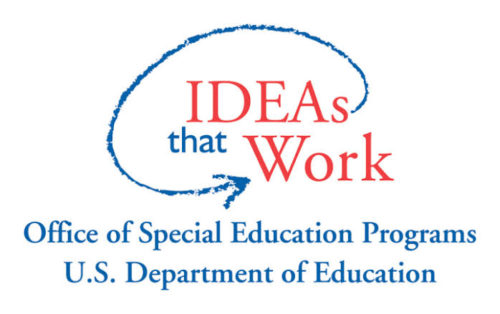

Leave a Reply